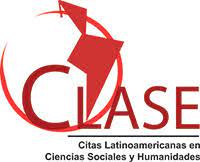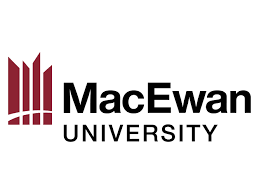Two-round election and primaries in Uruguay: A Study from the Diffusion of Ideas and the Multiple Streams Framework
DOI:
https://doi.org/10.7770/rchdcp-V12N1-art2410Keywords:
Diffusion of ideasEliminar Diffusion of ideas, multiple streams framework, two-round election, primaries, UruguayAbstract
The central aim of this article is to determine why the electoral reform that installed the two-round election and the single presidential candidacy per party in Uruguay occurred in 1996 and not at any other time. Two theoretical approaches are used: first we will show, through the process of diffusion of ideas, that similar institutional modifications have been propagated by different electoral and political systems in Latin America; second, multiple stream frameworks will allow a novel and very specific analysis of the Uruguayan electoral reform. Consequently it will be argued that, beyond the rational and short-term interests of the promoters of the reform, there was a regional context and a window of opportunity born in 1995 that supported the process
License
Copyright (c) 2022 Revista Chilena de Derecho y Ciencia Política (Chilean Journal of Law and Political Science)

This work is licensed under a Creative Commons Attribution 4.0 International License.
La Revista de Derecho y Ciencia Política por Universidad Católica de Temuco se encuentra bajo una Licencia Creative Commons Atribución 4.0 Internacional (CC BY 4.0)

















